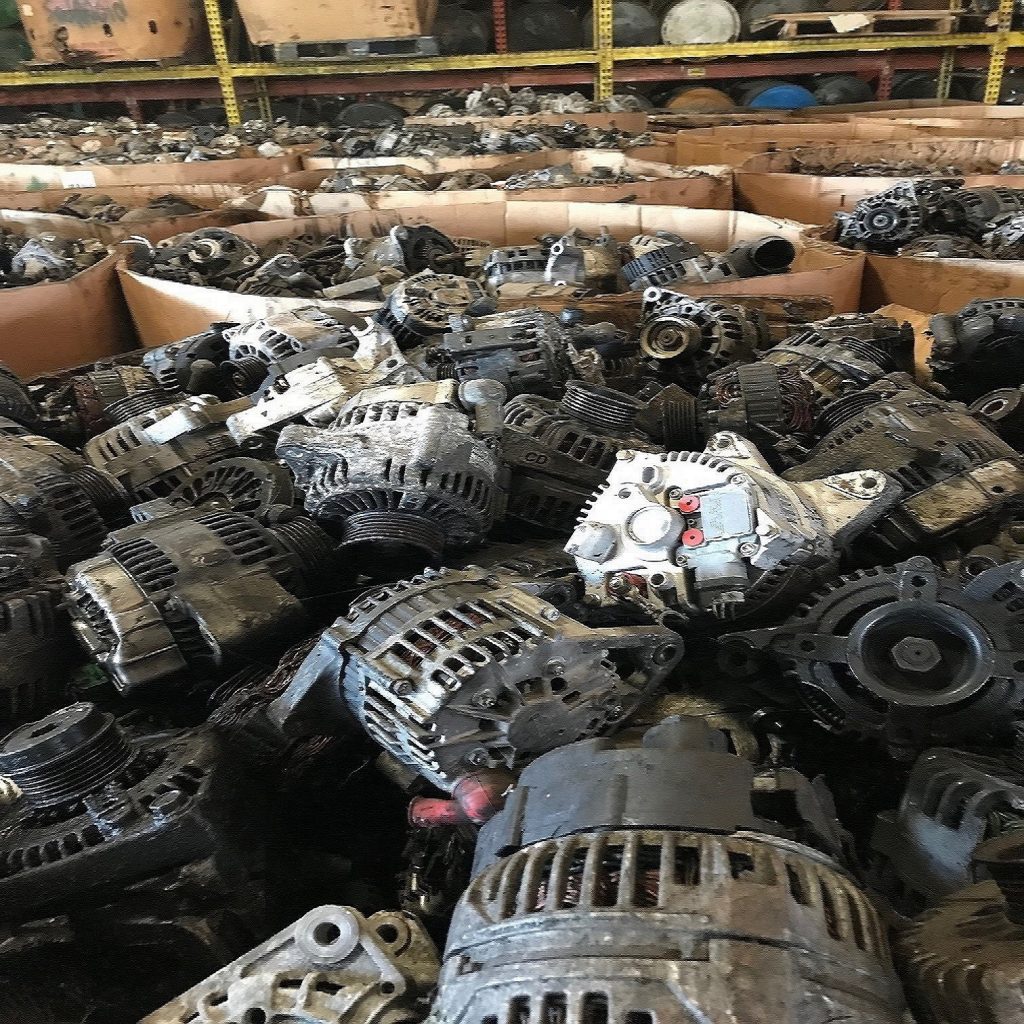In the world of recycling and sustainability, every bit of material salvaged from discarded products contributes to a greener future. One such overlooked treasure is alternator scrap – the remnants of automotive alternators that have outlived their primary function. These discarded alternators might seem like worthless components, but they hold significant value in terms of both raw materials and environmental impact.
Alternator scrap is primarily composed of valuable metals like copper, aluminum, and steel. Recycling these metals not only conserves natural resources but also reduces the energy-intensive process of mining and refining. By extracting these materials from alternator scrap, recycling facilities cut down on greenhouse gas emissions and minimize the ecological footprint associated with metal production.

Additionally, repurposing alternator scrap promotes the concept of a scrap prices alternators economy. Instead of discarding these components as waste, they’re reintroduced into the manufacturing cycle. For instance, the copper wiring found within alternator scrap can be reprocessed into new electrical components, reducing the need for fresh mining and refining.
Moreover, alternator scrap plays a crucial role in creating job opportunities within the recycling industry. The collection, sorting, and processing of these discarded components require a skilled workforce, driving local economies and fostering sustainable employment.
When considering the broader picture, alternator scrap is not just about financial gains – it’s about contributing to a more sustainable planet. Each piece of alternator scrap recycled is a step towards reducing landfill waste, conserving resources, and lowering carbon emissions. By recognizing the value in seemingly insignificant items like alternator scrap, we’re embracing a future where recycling becomes the norm, and sustainability is the foundation of our actions.
